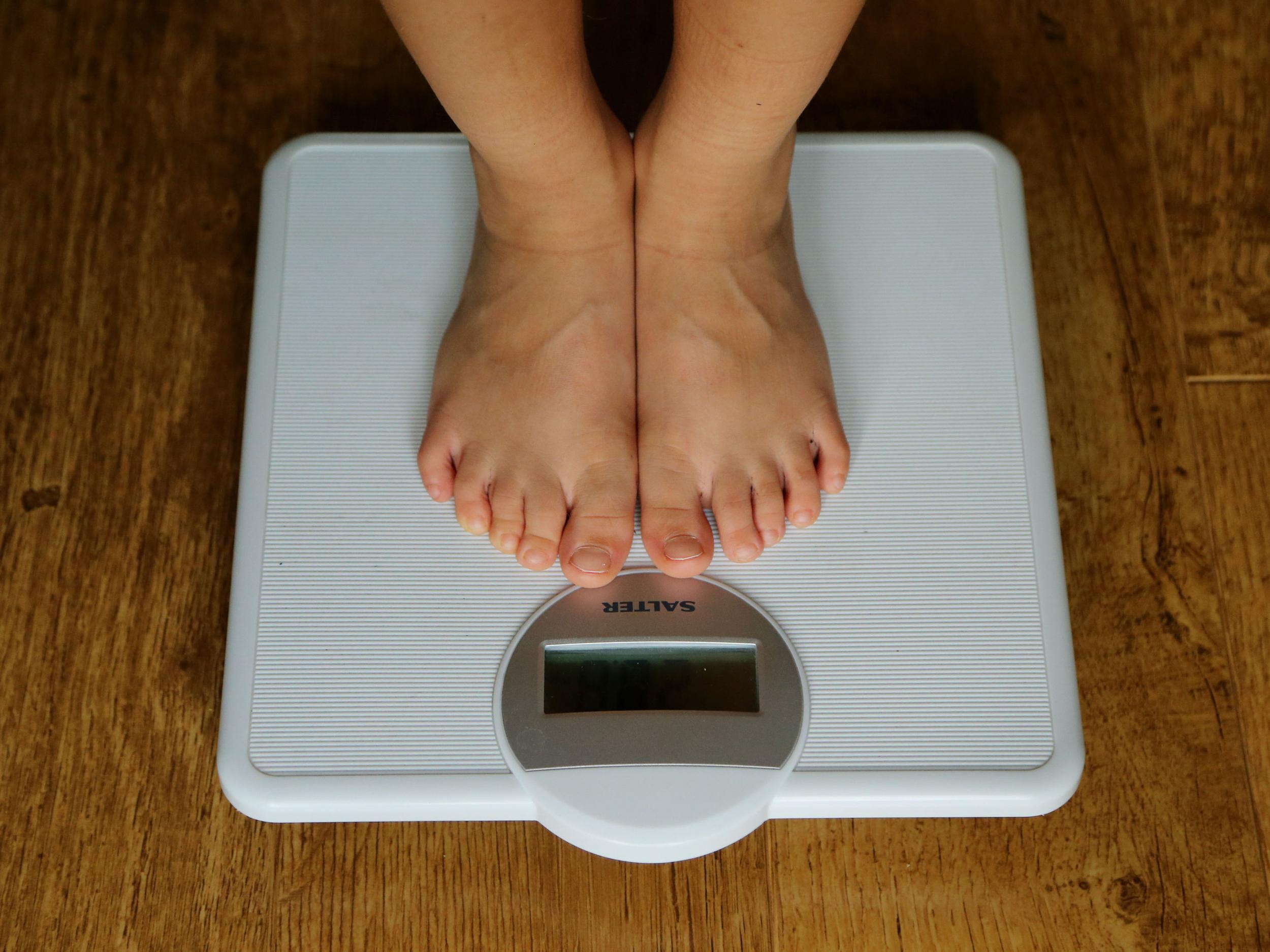Children are eating an extra meal in calories they don't need, top health official warns
Britain 'needs to go on a diet', says Public Health England's chief executive

Your support helps us to tell the story
From reproductive rights to climate change to Big Tech, The Independent is on the ground when the story is developing. Whether it's investigating the financials of Elon Musk's pro-Trump PAC or producing our latest documentary, 'The A Word', which shines a light on the American women fighting for reproductive rights, we know how important it is to parse out the facts from the messaging.
At such a critical moment in US history, we need reporters on the ground. Your donation allows us to keep sending journalists to speak to both sides of the story.
The Independent is trusted by Americans across the entire political spectrum. And unlike many other quality news outlets, we choose not to lock Americans out of our reporting and analysis with paywalls. We believe quality journalism should be available to everyone, paid for by those who can afford it.
Your support makes all the difference.Britain "needs to for on a diet," health officials said as they warned that children were eating an extra meal in calories they do not need every day.
Public Health England (PHE) said obesity had become “the norm” and told restaurants, retailers and manufacturers they need to cut a fifth of calories from popular foods by 2024.
If the food industry failed to take action, the organisation said, it would be prepared to ask the government to introduce legislation.
“Britain needs to go on a diet," said Duncan Selbie, its chief executive. “The simple truth is on average we need to eat less. Children and adults routinely eat too many calories and it’s why so many are overweight or obese.
“Industry can help families by finding innovative ways to lower the calories in the food we all enjoy.”
He added: “It is not an attack on overweight folk, it is about getting more options and extending knowledge and more choices.”
The health body estimated some overweight and obese boys are consuming up to 500 additional calories a day compared to their normal weight peers. Girls were consuming almost 300 extra.
Food companies could cut calories by changing ingredients, reducing portion size and altering marketing strategies, PHE said.
Popular foods that families eat including: pizzas, savoury snacks and ready meals, including read-made sandwiches, cooking sauces, chips and “composite salads” such as hummus or coleslaw were named as those that needed more work.
PHE’s chief nutritionist Dr Alison Tedstone said that these food groups had the “lion’s share” of calories.
“To get traction on this, the big-selling things need to change. A few healthy options on the end of a menu won’t help solve the nation’s obesity problem – we need the regular, every day products to change," she said.
She added: “We have more obese children in England than ever before. We have moved on from it [obesity] affecting a small section of society, it is the norm now.”
She said: “When we look at overweight or obese children – basically a third of kids – we can see that they are consuming up to 500 calories a day more than they require.
“This is a lot of calories – 500 calories is an extra meal a day, it is a lot, and that’s why we have an obesity problem in this country.”
She added that obesity was a “burden” on the NHS – costing the health service around £6.1bn spent on treating obesity-related illness – and also increasing social care costs.
PHE said if the 20 per cent target is met within five years, more than 35,000 premature deaths could be prevented over the next 25 years. The NHS and social care sector could also save around £9bn.
The health body pledged to hold the food industry to account and said that it will highlight calorie reduction progress among manufacturers or retailers.
It launched a new drive, called The One You campaign, which encourages people to only have 400 calories for breakfast, 600 for lunch and 600 for dinner.
Caroline Cerny, lead for the Obesity Health Alliance – a coalition of more than 40 health organisations and charities, said: “It’s a real worry that this new data shows some children who are already an unhealthy weight eat the equivalent of an extra meal a day in calories – resulting in extra weight gain and setting them up for future health problem.
“Of course we all need to eat calories, but with many everyday products containing high levels of sugar and saturated fat, it’s all too easy to eat more calories than we actually need.
“The food industry absolutely must play its part in tackling obesity, and through adapting recipes and reducing over-sized portions, can make it much easier for families to make healthier choices. It’s important that Government keeps a check on industry to ensure these targets are being met – and if not, takes tough measures to enforce action.”
Press Association contributed to this report
Join our commenting forum
Join thought-provoking conversations, follow other Independent readers and see their replies
Comments